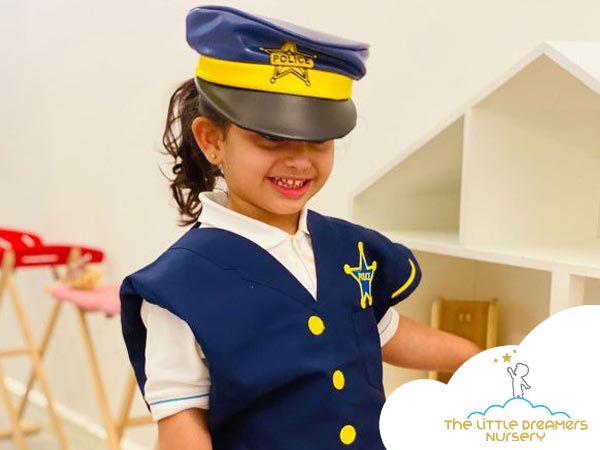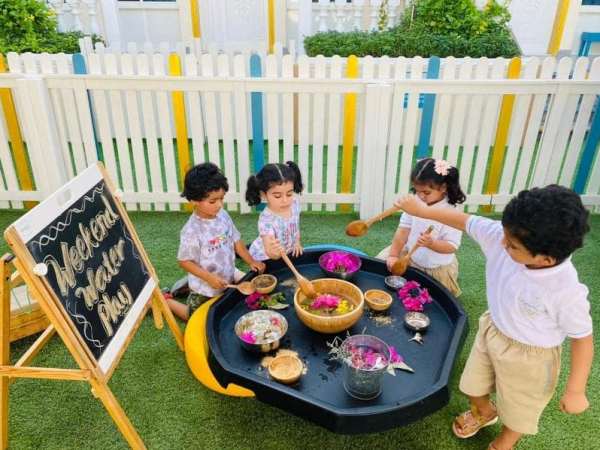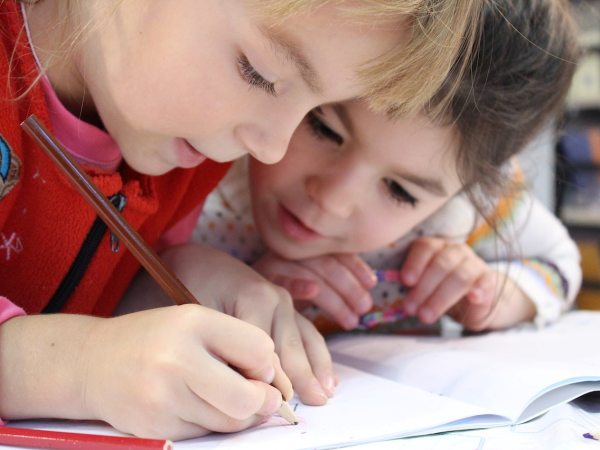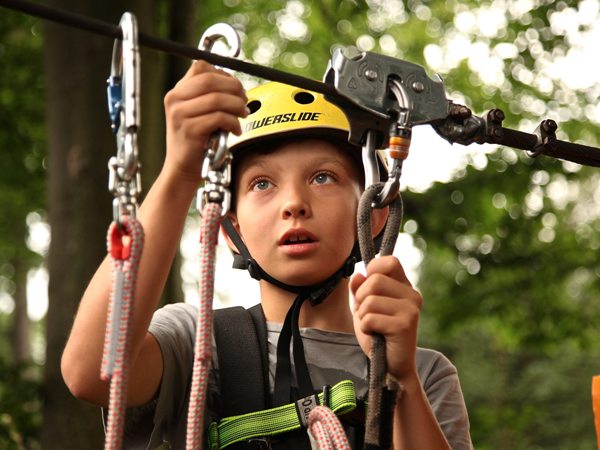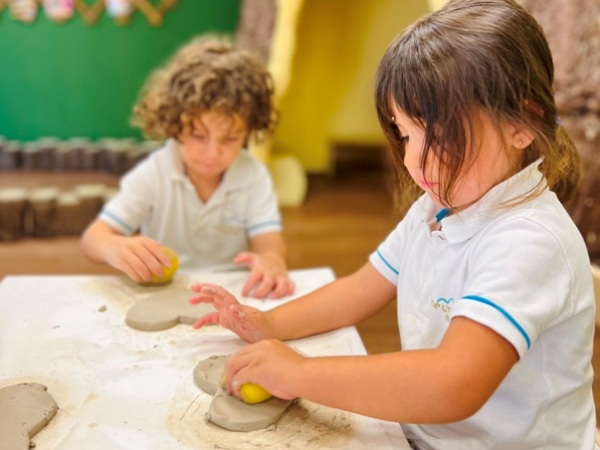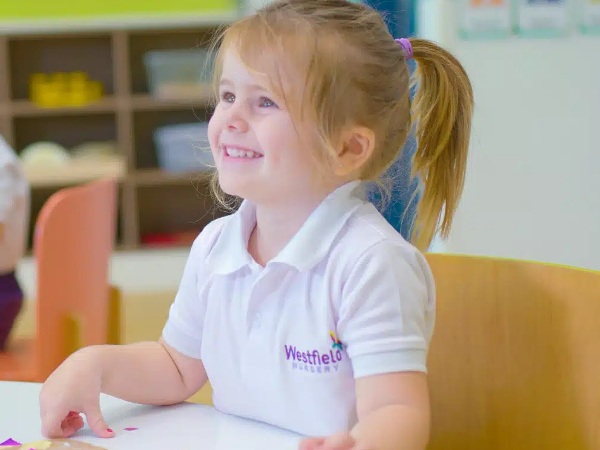Role play benefits
Role Play Benefits in Nurseries: Why It Matters for Child Development Role play is a vital aspect of a child’s development, and it’s no surprise that it plays a significant role in nurseries. Not only is it a fun and engaging way for children to play, but it also provides numerous benefits for their cognitive, … Read more

